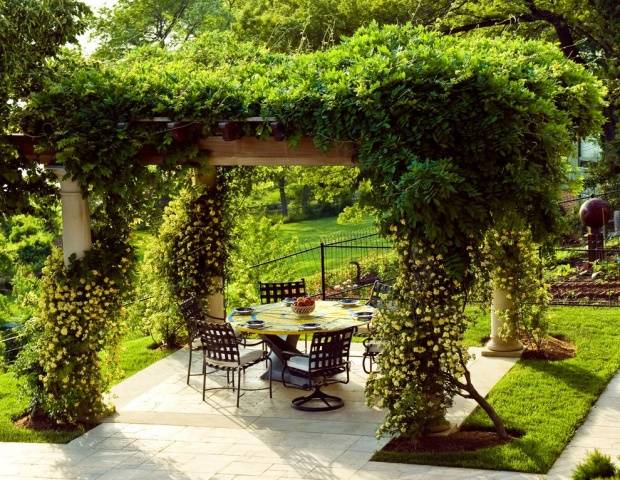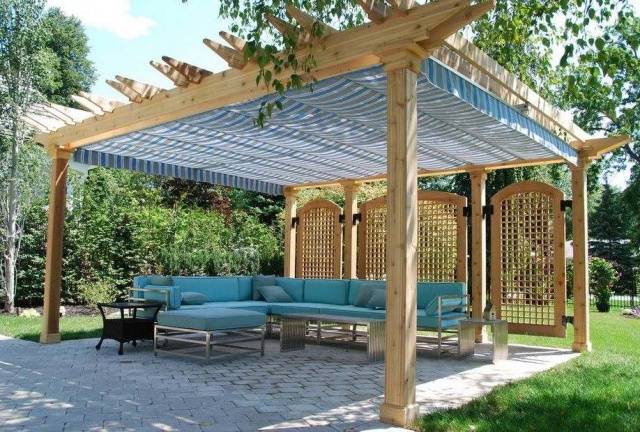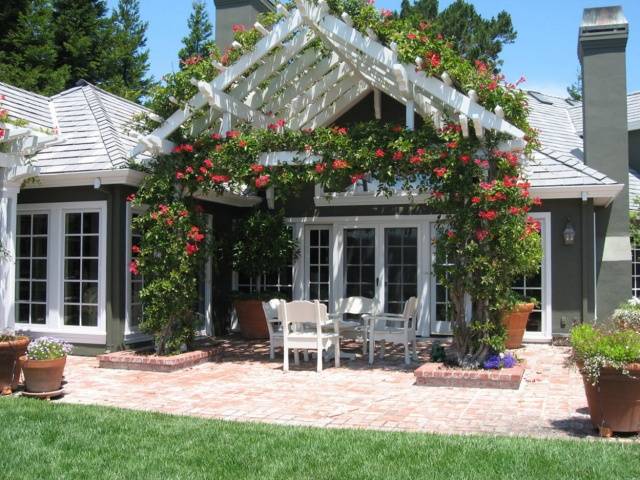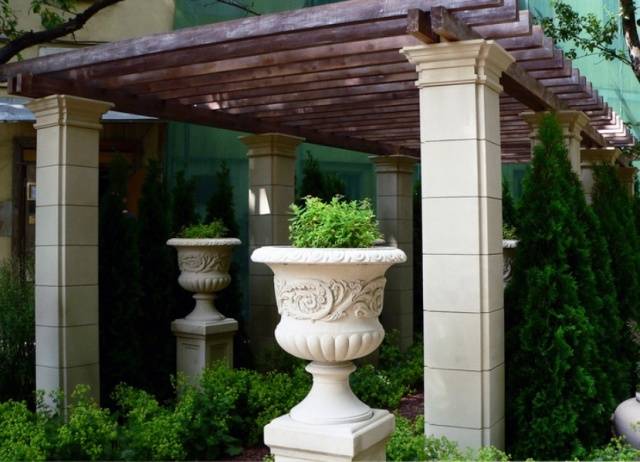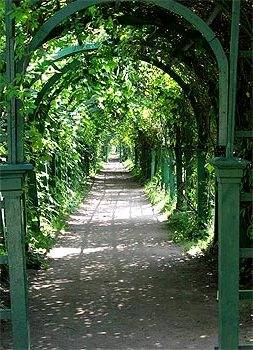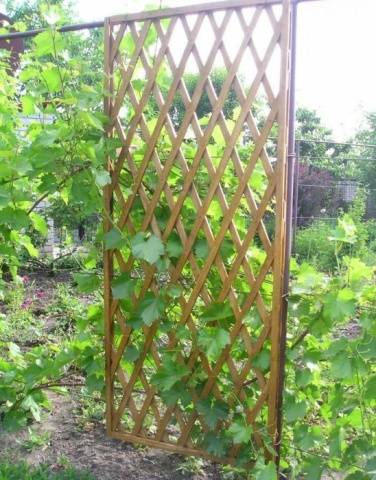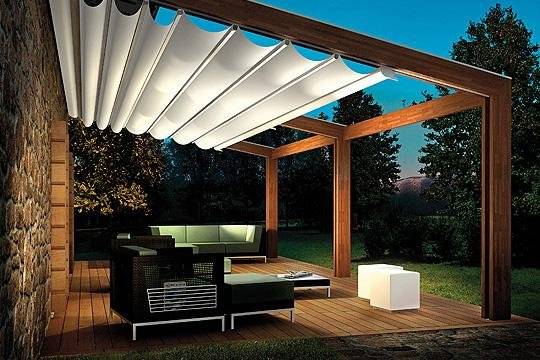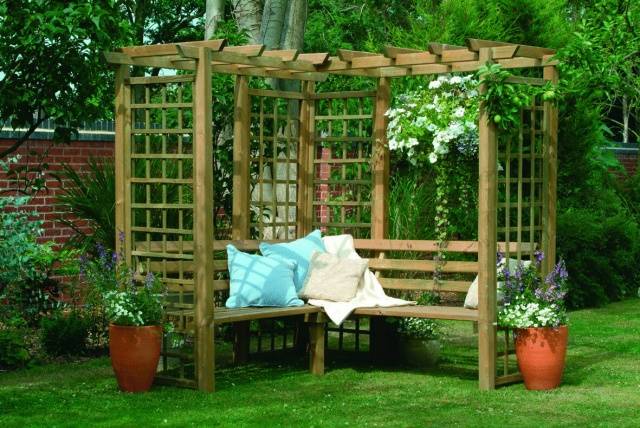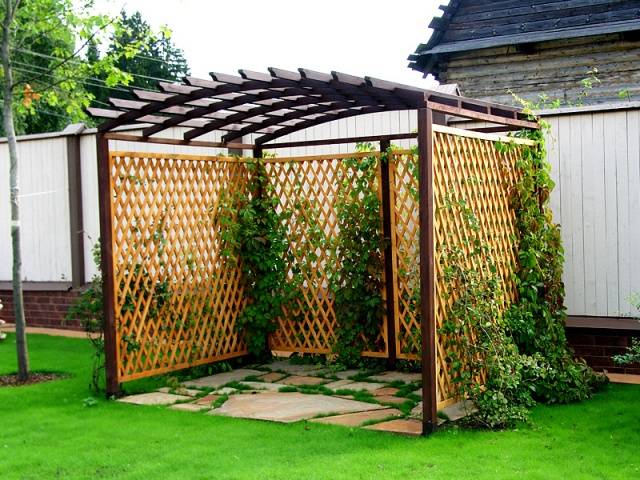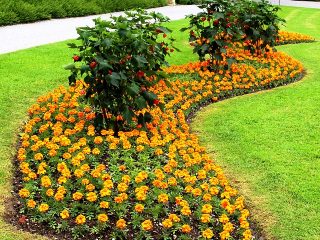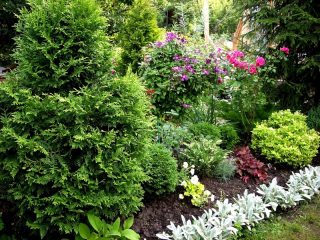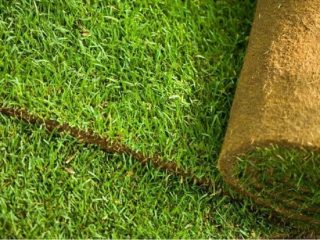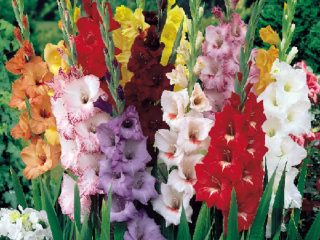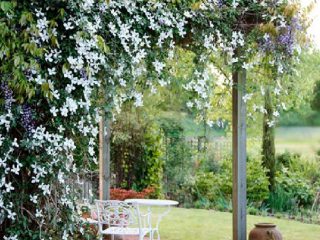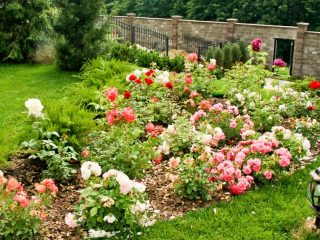Content
Interest in landscape design has clearly grown in recent years. And this is not surprising, because today there are a large number of small architectural structures that adorn the adjacent territory. One of these structures is the pergola. In this article, we will tell you how you can use pergolas in landscape design and what types of them exist. Plus, we invite you to watch the prepared video material, which will complement the whole theory clearly.
Pergola - what is it and why is it
A pergola is a canopy-type construction. It imitates arches from several sections, which are interconnected by crossbeams. The pergola can be stationary, as an integral part of the terrace, or free-standing in landscape design. It can be used as a gazebo by installing benches or benches in it. As you can see, this structure takes on a variety of forms. In any case, it has repeating sections, support pillars and arched elements, as well as a lattice roof and sometimes walls.
The main and paramount task of the pergola in landscape design was protection from the scorching rays of the sun. It could be directed grapes or other climbing plant. But over the years, it began to be used in a wide variety of areas, in particular:
- For the zoning of the land.
- As a decoration for a recreation area.
- Creates a vertical green zone.
- Decorative element.
- An element for masking buildings and other structures that do not fit into the overall concept.
- Decoration for the gate, wicket and entrance to the garden.
Pergola advantages
Among other things, it is worth highlighting the positive aspects of this structure. Mainly, the pergola is able to protect the playground or other recreation area from the scorching sun. And if climbing plants grow on it, then the pergola can provide the necessary shade on the site. When it rains, a tarp can be pulled over its roof, which will allow you to hide for a short time.
In modern landscape design, the pergola plays a key role. So, you can grow canteens on it grape varieties... Of course, the presence of a vineyard in a summer cottage gives more solidity. Also, the building can close the gaze from curious neighbors or passers-by.
Varieties
During the construction of the pergola, beams, gratings and supports can be used. It can be made from a variety of building materials. For example, some people build it from stone, metal and wood. These materials can be combined or used strictly one. Start from the general idea and concept of your landscape design.
In landscape design, the pergola has different designs, due to which it acquired different types:
- Green corridor... This is a complex structure. It can be made from several arches, which are connected into one tunnel with guides. Mostly such a structure is built above the paths. From the outside it looks very nice and impressive. It is also used for flowers. In such a green corridor, you can install a bench. In this case, this tunnel will be used as a gazebo.
- Visor... This is another type of pergola. If your windows are on the sunny side, then the installed structure will create the necessary shade. Mostly such a visor is made of wood and transparent material. So, it takes in most of the sun's rays and does not darken much.
- Screen... This allows you to retire from the prying eyes of curious neighbors. Plus, this option ideally zones the territory of the landscape area. In this case, you can read the book in silence and without distractions. Also, such a screen can hide from the eyes of extraneous buildings and structures that have an unsightly appearance.
- Awnings... In this case, the pergola is used as a canopy. The shade of the building will make it easier to endure hot weather.
And this is not surprising, because its main function is different. However, you can, just in case, cover the pergolas with a protective material, for example, cellular polycarbonate, plexiglass, and the like.
If you decide to cover the pergolas with a protective material from the rain, then remember that you should not completely cover it. Otherwise, the building will become an ordinary shed. Accordingly, landscape design will lose such an original building. Most often, a pergola is used to create a vertical "flower bed".
Helpful hints and tips
If you decide to build a pergola at your summer cottage, then rest assured that the landscape design will receive a wonderful decorative element that will catch the eye. Immediately before construction, it is also worth considering a number of features and nuances. So, no matter what material it is made of, be it metal, wood, plastic, aluminum, forging or other materials, it must be strong enough to withstand wind load.
If the structure is wooden, then be sure to cover all wooden elements with a protective anti-corrosion compound. This will exclude its rotting, and also make the wood resistant to the negative effects of the environment. The constructed pergola should not be an alien element in the landscape design. Try to think everything over so that it is a beautiful addition to the whole picture. Well, and most importantly, think over its construction so that it will last as long as possible. If there is an opportunity to choose, then, of course, forged pergolas are much stronger than plastic ones. And if a lot of financial costs are required, the whole structure will be quite reliable.
Conclusion
So, we have considered with you the question of what are the options for pergolas in landscape design, and the photos in this article clearly illustrate this. We and our readers will be interested in which option you have chosen. Be sure to leave comments at the end of this article on how you implemented this original idea in landscape design.
